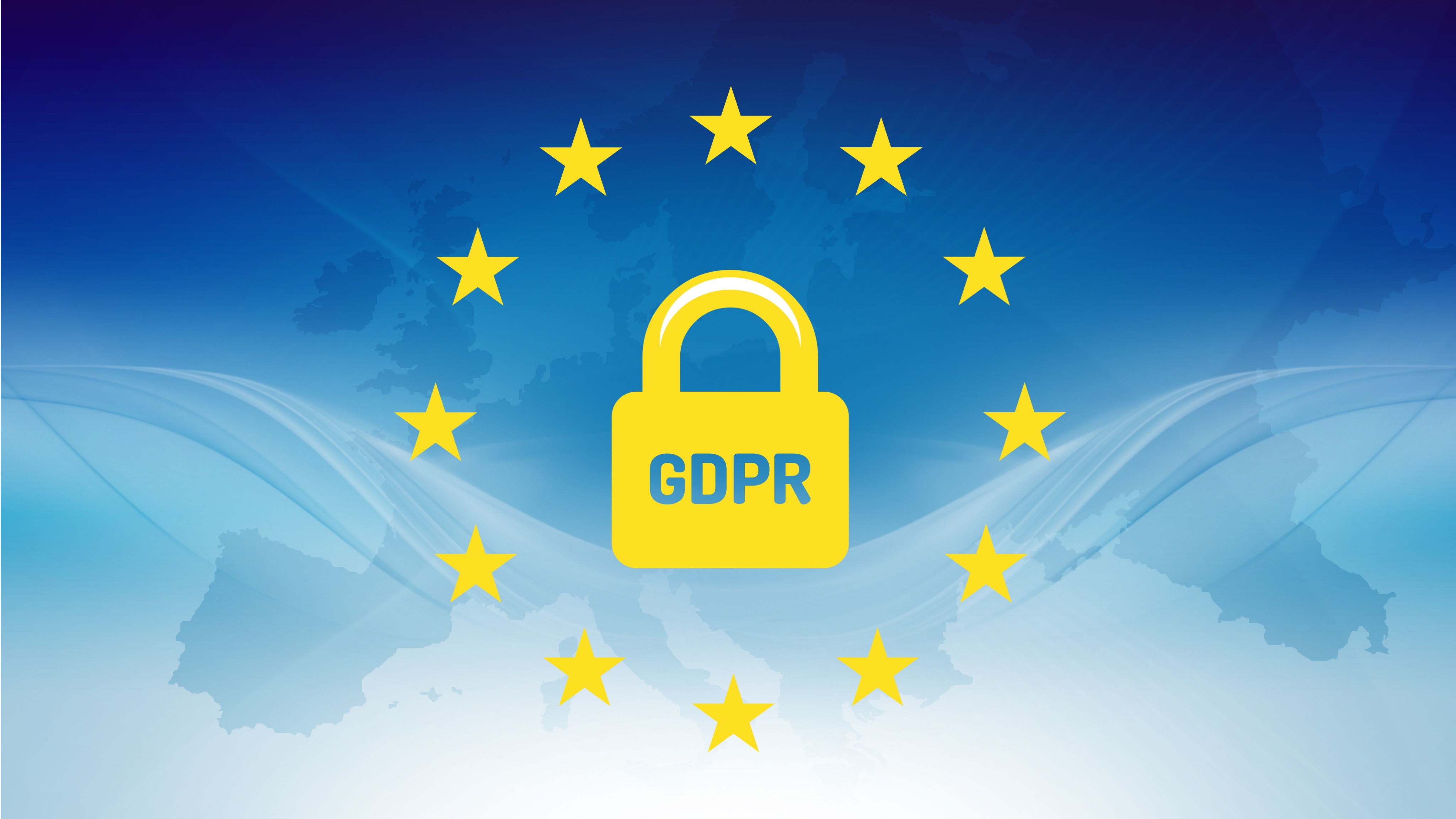The European Commission has been ordered to pay €400 in damages to a German citizen after breaching EU data protection laws by improperly transferring his personal data to the United States, in a landmark ruling by the EU General Court.
The case centred on the Commission's use of a "Sign in with Facebook" feature on its EU Login webpage, which was used by the individual to register for a "GoGreen" event on the Conference on the Future of Europe website in March 2022.
The court found that by displaying the Facebook login option, the Commission "created the conditions for the transmission" of the user's IP address to Meta Platforms in the United States, at a time when there was no agreement in place ensuring adequate protection of EU citizens' personal data.
"The Commission neither demonstrated nor claimed that there was an appropriate safeguard, in particular a standard data protection clause or contractual clause," the court stated in its judgment. The displaying of the Facebook login option was instead "entirely governed by the general terms and conditions of the Facebook platform."
The ruling marks the first time the Commission has been found liable for breaching the strict data protection standards it enforces on companies and organisations across Europe. The court determined that this constituted a "sufficiently serious breach of a rule of law intended to confer rights on individuals."
While the €400 compensation was modest, the case sets an important precedent for holding EU institutions accountable under their own data protection regulations. The individual had claimed this amount for "non-material damage" after finding himself "in a position of some uncertainty as regards the processing of his personal data."
The court dismissed other aspects of the case, including claims related to data transfers through Amazon Web Services' CloudFront content delivery network, which was found to have kept the data within Europe as required.
The ruling can be appealed to the EU Court of Justice within two months and ten days of the judgment.
Latest News
-
TikTok finalises deal to split US operations from Chinese parent
-
Ubisoft scraps several titles and studios to reduce costs
-
Macy's deploys ad server tech to improve media network
-
Tesco announces 10-week trial of new crime reporting platform
-
Jeff Bezos’ Blue Origin announces space-based internet network to rival Musk’s Starlink
-
Starling and Lloyds Bank IT leaders named AI champions by UK government
The future-ready CFO: Driving strategic growth and innovation
This National Technology News webinar sponsored by Sage will explore how CFOs can leverage their unique blend of financial acumen, technological savvy, and strategic mindset to foster cross-functional collaboration and shape overall company direction. Attendees will gain insights into breaking down operational silos, aligning goals across departments like IT, operations, HR, and marketing, and utilising technology to enable real-time data sharing and visibility.
The corporate roadmap to payment excellence: Keeping pace with emerging trends to maximise growth opportunities
In today's rapidly evolving finance and accounting landscape, one of the biggest challenges organisations face is attracting and retaining top talent. As automation and AI revolutionise the profession, finance teams require new skillsets centred on analysis, collaboration, and strategic thinking to drive sustainable competitive advantage.
© 2019 Perspective Publishing Privacy & Cookies










Recent Stories